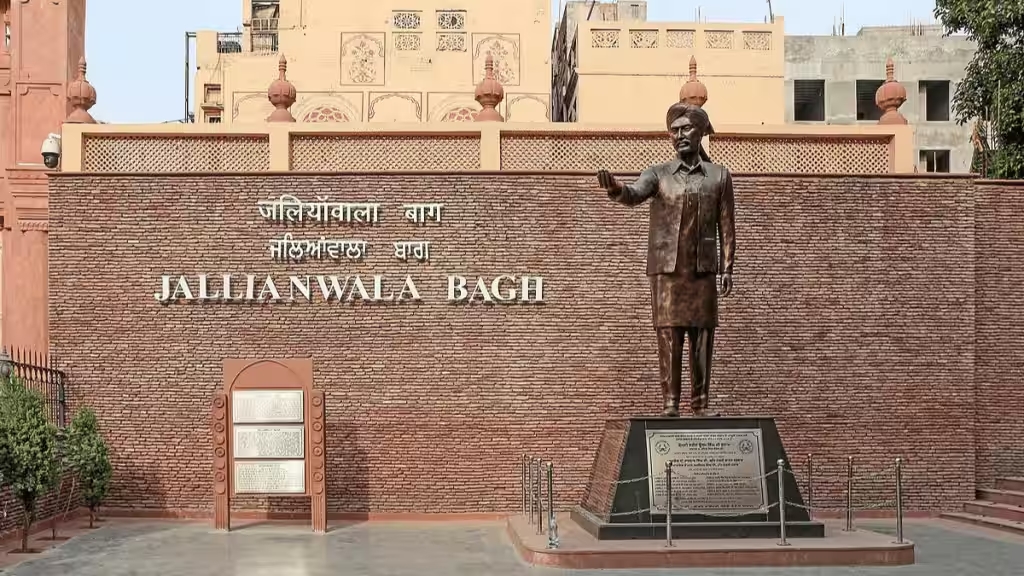“Jallianwala Bagh Massacre, a tragic event in India’s freedom struggle, resonates on its 105th anniversary, highlighting sacrifices for independence and shaping political discourse.”

The Jallianwala Bagh Massacre, commonly known as the Amritsar Massacre, is still regarded as one of the worst moments in India’s independence movement. Hundreds of people were killed and injured when General Dyer gave the order for his soldiers to fire on an unarmed gathering in Jallianwala Bagh, Amritsar, on April 13, 1919. The 105th anniversary of the Jallianwala Bagh Massacre is observed in India in 2024, and it serves as a poignant reminder of the sacrifices made in the name of freedom. This atrocity’s consequences have persisted throughout history, impacting public perception and political debate.
The history of the Jallianwala Bagh Massacre
Indians’ standards for more political freedom from British colonial rule increased after World War I. However, the Rowlatt Acts, passed by the British government in 1919, increased tensions rather than lessened the repressive emergency powers. Mass unrest, especially in the Punjab area, prepared the ground for an altercation between Indian nationalists and British officials.
The Situation of the Tragedy
On April 10, 1919, there were violent protests in Amritsar following the arrest and expulsion of well-known Indian leaders. Brig. Gen. Reginald Edward Harry Dyer was tasked with bringing the city back to order amid the chaos, prohibiting public gatherings, and raising tensions.
The Massacre at Jallianwala Bagh Unfolds
On April 13, a crowd of thousands peacefully gathered at Jallianwala Bagh, a place surrounded by walls and with only one exit, which was turned into a horrific scene. The unarmed crowd was caught inside the area when British troops under Dyer’s command opened fire on them without warning. Hundreds of people were killed and numerous others were injured as a result of the soldiers’ indiscriminate shooting until their ammunition ran out.
Impact of the Jallianwala Bagh Massacre
The outrage throughout India and beyond was sparked by the massacre’s quick spread. In response to the atrocity, Mohandas Gandhi, who had been reluctant to act at first, started the noncooperation movement, while Rabindranath Tagore resigned his knighthood in protest. Following an inquiry ordered by the British government, Dyer was chastised and forced to resign from the military. British responses, however, were divided; some called Dyer a hero.
The Jallianwala Bagh Massacre’s Legacy
The site of Jallianwala Bagh, which is currently a national monument, is a moving reminder of the people who gave their lives in the fight for Indian independence. The massacre incited the Indian nationalist movement and permanently damaged Indo-British relations, opening the door for further opposition to colonial rule.
#jaliyawalabagh
— Mona Patel 🇮🇳🐅🌳(Modi Ka Parivar) (@MonaPatelT) April 13, 2024
History isn't easy to overcome.
13th April ,The Jallianwala Bagh massacre is a tragic event that will forever remain a dark stain on the history of British colonial rule in India.
We pay a heartfelt tribute to all those martyred on that fateful day. 🙏 Their… pic.twitter.com/81kDXWqu4F